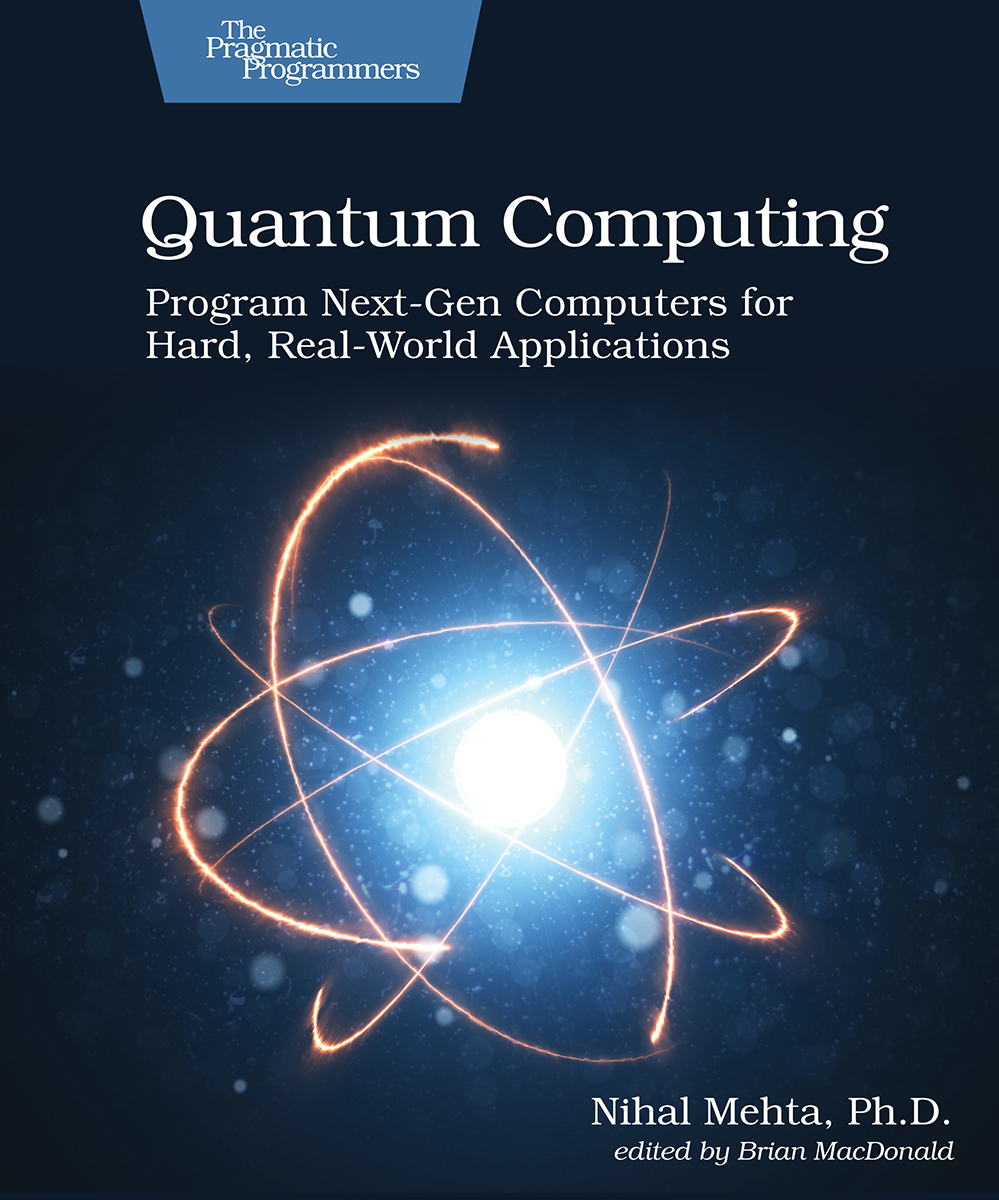Quantum computing stands at the precipice of a technological renaissance, tantalizingly poised to redefine the paradigms of computation and problem-solving. This juxtaposition of quantum mechanics and computer science harnesses the peculiar properties of quantum bits, or qubits, granting capabilities far beyond the classical systems that have dominated the landscape for decades. With a burgeoning wave of research and experimentation, the real-world applications of quantum computing offer revolutionary insights that have yet to be fully realized. Herein, we examine five extraordinary examples that illuminate how quantum computing is poised to transform diverse spheres of our lives.
1. Drug Discovery and Development
The realm of pharmaceutical science stands to benefit immensely from the prowess of quantum computing. Traditional methods of drug discovery often involve simulating molecular interactions, a task that swiftly becomes intractable as the complexity of molecular structures escalates. Quantum computers can analyze these intricate interactions at an unparalleled scale. By harnessing quantum phenomena such as superposition and entanglement, researchers can explore vast combinations of molecular configurations, significantly accelerating the identification of potential compounds for therapeutic applications.
Modelling biochemical interactions through quantum simulations may not only expedite the development of new medications but also enhance precision medicine—a tailored approach that accounts for individual genetic variations. The implications of this could lead to significantly more effective treatment regimens, reducing time-to-market for life-saving drugs and altering the therapeutic landscape.
2. Optimization Problems
Industrial sectors ranging from logistics to finance continually face optimization challenges that are inherently complex. The Traveling Salesman Problem or the optimization of traffic flow in urban settings are classic examples of NP-hard problems where traditional computational methods falter under the combinatorial explosion of possibilities. Quantum optimization algorithms, such as the Quantum Approximate Optimization Algorithm (QAOA), exploit the superposition of multiple solutions simultaneously, rendering it possible to identify optimal or near-optimal solutions with unprecedented efficiency.
This capability translates into real-world benefits, as manufacturers can optimize supply chains, minimizing costs and time waste. In finance, quantum computing could refine portfolio optimization or enhance fraud detection algorithms, thereby safeguarding assets while maximizing returns. As quantum technology continues to mature, the efficiency gains in these sectors could reverberate throughout the economy, pushing the boundaries of what is currently deemed achievable.
3. Weather Prediction and Climate Modeling
The intricacies of atmospheric dynamics and the consequences of climate change demand models that grapple with vast datasets and variable uncertainties. Classical supercomputers have made commendable strides in weather forecasting, but the sensitivity and non-linear characteristics of climate systems complicate accurate long-term predictions. Quantum computing offers a paradigm shift, enabling the simulation of complex climate models that factor in the interactions among myriad variables more effectively than their classical counterparts.
By leveraging quantum entanglement to process extensive datasets rapidly, it becomes feasible to model the chaotic behavior of weather systems or predict climate scenarios with a significantly higher degree of accuracy. This leap forward in computational power promises to improve disaster preparedness, facilitate effective resource allocation, and underline the gravity of climate change implications, marking an essential advancement in sustainable development strategies.
4. Financial Services and Cryptography
Financial institutions grapple with a myriad of challenges, from high-frequency trading strategies to the realms of risk management and fraud prevention. Quantum computing’s ability to process vast amounts of information in parallel heralds a new wave of methodologies for analyzing market trends, facilitating instantaneous decision-making that could reshape trading as we know it.
Equally pivotal is quantum computing’s potential impact on cybersecurity. Current encryption standards, such as RSA, rely on the computational difficulty of factoring large integers—a task quantum computers can execute with alarming efficiency through Shor’s algorithm. This paradigm shift necessitates rethinking data protection and privacy in a quantum world, pushing for advancements in quantum cryptography. Techniques such as quantum key distribution offer unprecedented levels of security, ensuring that financial transactions and sensitive information remain secure in the face of emerging quantum capabilities.
5. Artificial Intelligence Enhancement
The intersection of quantum computing and artificial intelligence (AI) presents fascinating avenues for exploration. Machine learning, a core tenet of AI, often relies on massive datasets and computational power to extract patterns and insights. Quantum algorithms, particularly quantum neural networks, could potentially process and analyze information in ways that classical algorithms cannot, leading to new breakthroughs in AI capabilities.
Imagine systems that can adapt and learn from their environments with a sophistication that transcends contemporary AI limitations. Such advancements could greatly enhance capabilities in autonomous systems, insightful decision-making tools, and complex data analysis across numerous fields—healthcare, finance, and beyond. The symbiotic relationship between quantum computing and AI could catalyze an evolutionary leap forward, yielding solutions to some of humanity’s most pressing challenges.
In summation, the advent of quantum computing encapsulates a transformative journey that positions us on the threshold of untold possibilities. Each of these examples underscores the immense potential this technology holds not merely as a theoretical construct but as a real-world implementer of change. As the field continues to evolve, the intersection of quantum computing with practical applications promises to unveil not only revolutionary methodologies but profound shifts in our understanding of computation itself. As we venture into this new epoch, a plethora of questions and opportunities awaits, compelling society to adapt, innovate, and embrace the intricacies of a quantum future.












